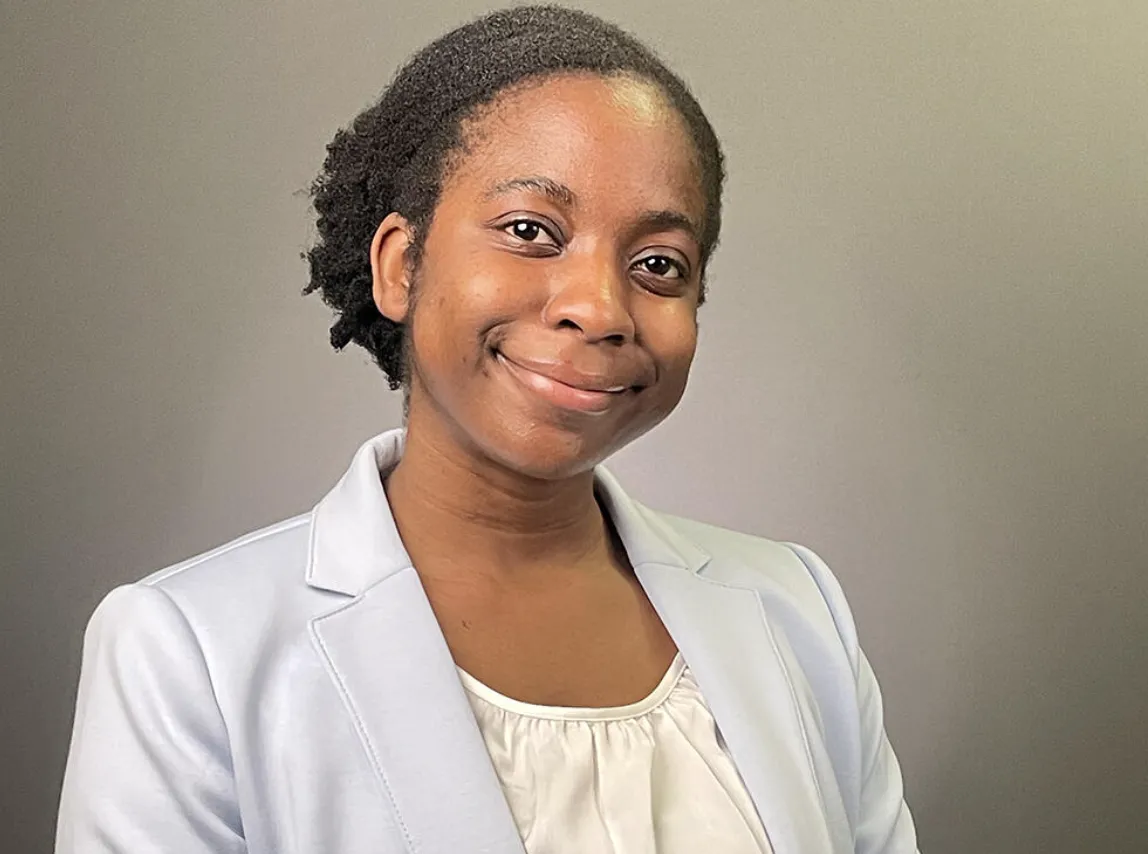Khangelani Mhlanga ’22 wants young people to be involved in their culture, to be proud of their traditions and participate in them. That’s how she feels about the traditions in her home country of Zimbabwe.
“People should find joy in in their cultures, instead of shame. Our traditions exist for a reason, and they have great power in our communities,” she said. “Many of Zimbabwe’s traditions are centered around community -- helping each other, supporting each other, and celebrating each other.”
Mhlanga, who grew up with limited access to traditional Zimbabwean arts, had a desire to tap her culture’s deep reserves. However, even in Zimbabwe, it was difficult to find places that taught indigenous dance or music because of where she grew up.
Even with the Internet, she noticed that important pieces of information are often wrong or missing.
“If I’m watching a dance on YouTube, I don’t always know its purpose,” Khangelani pointed out. “Is it a celebration? Are they mourning?”
To help combat this problem, she has launched a project, titled “Imbizo”, to preserve and promote Zimbabwe’s indigenous cultures. The initiative was awarded a $10,000 Projects for Peace grant, which Khangelani will use to create a digital archive over the summer.
